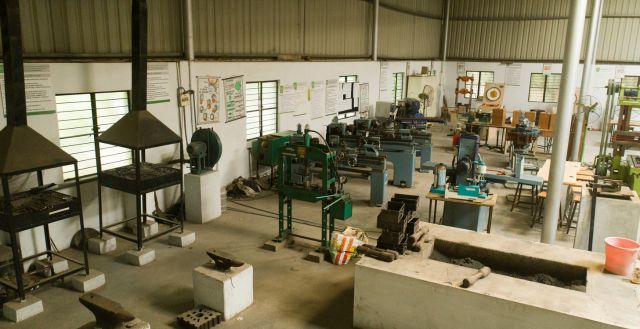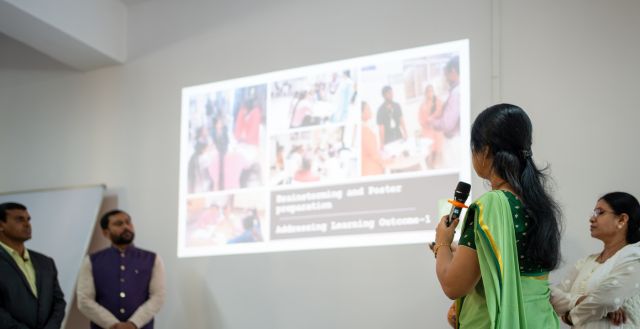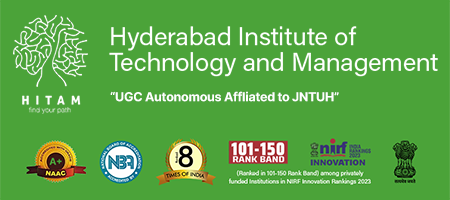Training Programs
The Training & Placement division continuously refines existing programs and introduces new ones, overseeing initiatives like the Industry Linkage Program and Entrepreneurship Development Program. Each program is meticulously designed to boost student confidence and teamwork abilities, ensuring their readiness for the professional world.
Get industry ready
Career Design Centre (CDC)
The CDC at HITAM is dedicated to enhancing students’ professional skills and employability. Through specialized training, workshops, and mentorship programs, we equip students with the technical expertise and soft skills needed for a successful career.

Project Based Learning
Project-Based Learning (PBL) immerses students in real-world challenges, fostering hands-on experience and critical thinking. This approach bridges theoretical knowledge with practical application, preparing students for industry demands.
Career Guidance & Counselling
We understand that choosing the right career path can be overwhelming. Our expert counsellors provide personalised guidance to help students discover their strengths, explore opportunities, and make well-informed career decisions tailored to their goals.

Help students identify
career aspirations.
Provide expert mentorship and counselling.
Equip students with career assessment tools.
Offer insights into higher education opportunities, both domestic and international.
Facilitate industry interactions through expert-led sessions and real-world career insights.
Industry Aligned Training Modules
In today’s fast-evolving job market, practical skills matter as much as theoretical knowledge. Our hands-on training programs focus on emerging technologies and industry best practices, ensuring students graduate with the expertise that employers seek.

Bridge the gap between academia and industry by offering hands-on experience projects.
Ensure students are job-ready through project-based learning.
Keep curriculum updated with the latest advancements and industry needs.
Develop practical skills by providing training in industry-standard tools and frameworks.
Provide domain-specific training in emerging technologies.
Mock Interviews & Aptitude Assessments
Confidence is key when stepping into the job market. We conduct mock interviews with industry professionals, resume-building sessions, and aptitude training to equip students with the skills and self-assurance needed to excel in real-world hiring scenarios.


